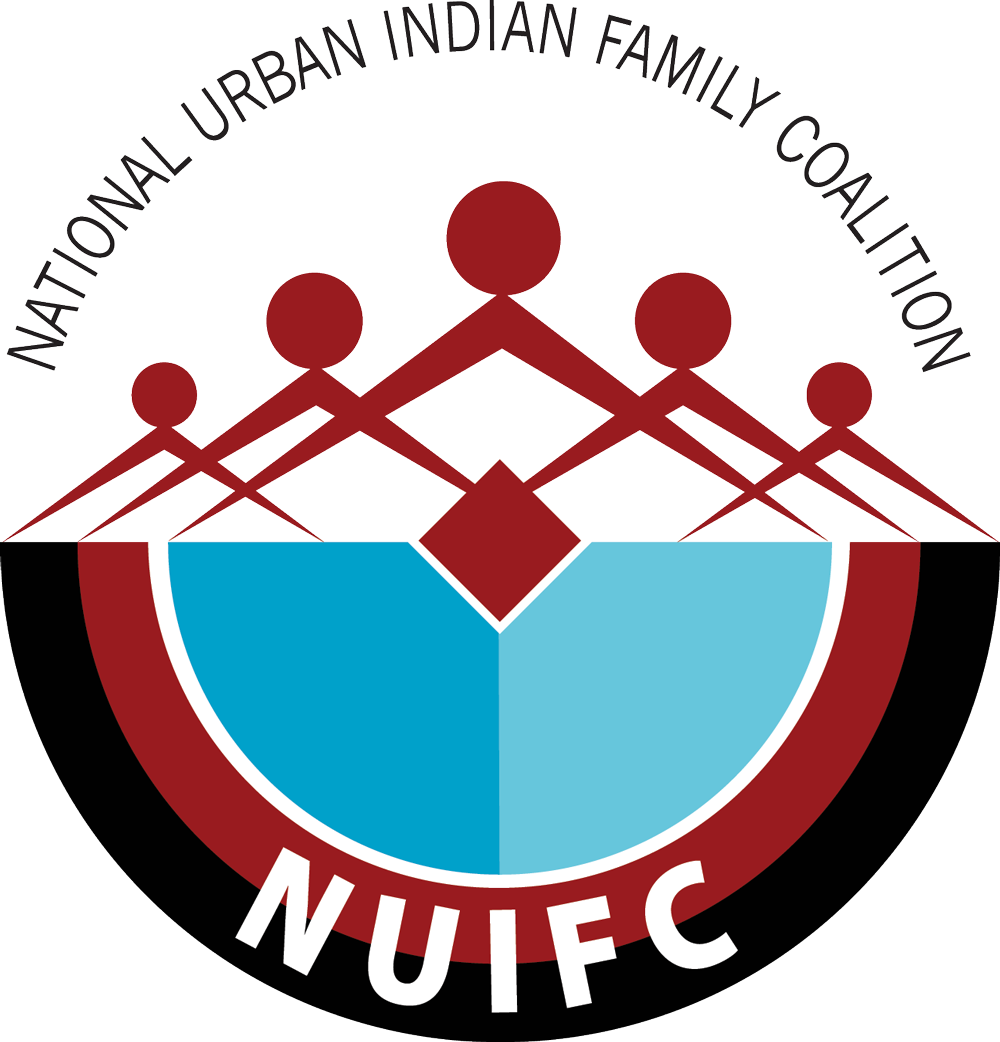Our History
Created in 2003, the National Urban Indian Family Coalition (NUIFC) advocates for American Indian families living in urban areas by partnering with American Indian organizations and researching to understand and raise awareness of the barriers, issues, and opportunities facing urban American Indian families.
The NUIFC was created following a forum hosted by United Indians of All Tribes Foundation discussing the issues facing urban Indian families nationwide with funding from the Annie E. Casey Foundation. Since then, the NUIFC has created a network of more than 40 urban Indian non-profit organizations across 22 states. This network has become a leading force in advocating for the needs of urban Indians. The NUIFC is dedicated to remaining an access point to exchange ideas and dialogue regarding urban Indian America.
“At the local level, all of our member organizations are broad social service nonprofits that provide a huge laundry list of services to these communities. They are, in their own right, experts at navigating through local politics, policy, and resource distribution. Our work blends very nicely with that because often you can create a national dialogue around the needs at the local level.”
Vision
Thriving American Indian and Alaska Native urban communities.
Mission
The NUIFC elevates a national voice for American Indians and Alaska Natives living in urban communities and sustains Indigenous values and culture through a strong network of urban Indian organizations.
Values
Accountability: The NUIFC’s approach to working with its members and Urban Indian communities is rooted in accountability, relationship, and respecting the unique inter-tribal diversity, histories, and experiences of those communities.
Relationship: Our relationship and work with our members is rooted in transparency, trust, inclusion, and a commitment to do no harm to a community.
Responsibility: Future success and prosperity of our urban Indian communities rely upon our unified voice and shared responsibility to advocate and work toward our vision – thriving American Indian and Alaska Native urban communities.
Goals
In support of urban organizations that serve American Indian and Alaska Native communities, The NUIFC:
Builds a movement that promotes a network of urban organizations through advocacy that mobilizes systems to integrate Urban Indian issues in policy discussions and implementation.
Builds positive and mutually supportive relationships with tribal communities, organizations, and institutions.
Creates a shared understanding of the unique barriers, challenges, and opportunities facing urban communities.
Increases awareness through sharing and promoting sustainable service and effective practice models.

